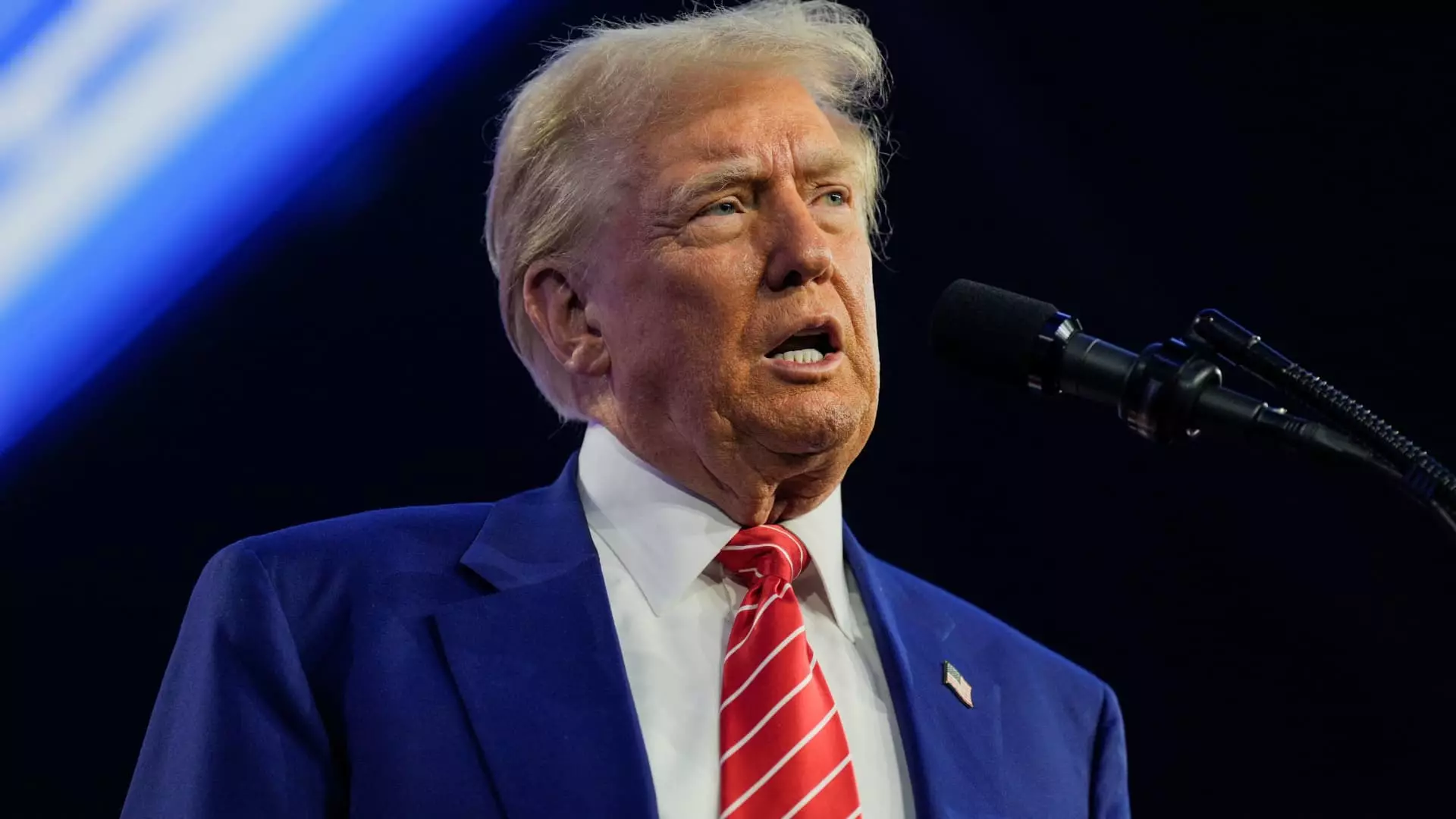In the rapidly evolving landscape of social media and international relations, TikTok has emerged as a focal point of tension between the United States and China. The upcoming legal battle surrounding the popular app highlights a complex interplay of technology, politics, and national security, raising critical questions about how far a government can go to protect its citizens in the digital age.
The core of the current controversy stems from the Protecting Americans from Foreign Adversary Controlled Applications Act, a law passed with bipartisan support and signed into effect by President Joe Biden in April 2023. This legislation mandates the divestment of TikTok from its Chinese parent company, ByteDance, or face an impending ban by January 19, 2025. The urgency placed upon this date is palpable, as the Supreme Court has recently agreed to review the case and a decision is anticipated shortly after oral arguments set for January 10.
It is intriguing to note that President-elect Donald Trump has now stepped back into the fray, requesting a delay in the implementation of the law. His legal representatives articulate that, while Trump refrains from commenting on the fundamental merits of the underlying issues, he seeks a pause to allow his forthcoming administration to explore a potential political resolution. This reveals a strategic shift in his approach, pivoting from outright opposition to a more conciliatory and negotiation-oriented stance.
Trump’s Dual Role: From Adversary to Mediator
Historically, Trump has been a vocal critic of TikTok, advocating for its prohibition during his presidency due to alleged security risks posed by the app. However, the election of a new leader often brings with it a reconsideration of policies, and Trump’s recent engagement with TikTok’s CEO, Shou Zi Chew, reflects a marked change in tone. His declaration of having a “warm spot” for TikTok indicates a potential willingness to find common ground, perhaps recognizing the app’s substantial user base and cultural significance in the U.S.
This transformation raises deeper implications about leadership and adaptability in governance. Trump’s legal request emphasizes his “deal-making expertise,” positioning him as a mediator capable of navigating the murky waters of international relationships and domestic policy. This suggests that rather than a monolithic approach to TikTok, there may be room for compromise that reconciles American security interests with the app’s operations.
National Security: The American Government’s Justification
The U.S. government’s rationale for enforcing the ban pivots heavily on national security concerns. The notion that the Chinese government could exploit vulnerabilities within TikTok to access data about American users or potentially influence content creates an atmosphere of urgency and fear. Supporters of the ban maintain that the risks posed by foreign influence over social media platforms negate any arguments for unrestricted access to the app.
The Justice Department’s recent filings reiterate these concerns, reflecting the administration’s commitment to safeguard American interests. Notably, they argue that the threat of foreign manipulation is legitimate, and they defend the law as a necessary measure in an era where digital sovereignty is increasingly at stake. This discourse raises fundamental questions about the extent of governmental oversight required in the digital age and the balance between security and freedom.
Conversely, TikTok’s legal team has contested the implications of a ban, arguing that such an action infringes on the First Amendment rights of its users. By framing the situation as a matter of free speech, TikTok positions itself not only as a platform for entertainment but also as a crucial space for discourse and cultural exchange. Thus, the case becomes emblematic of a broader struggle between state power and individual rights, particularly in a domain as public and influential as social media.
This juxtaposition of national security and personal liberty presents a multifaceted dilemma for the Supreme Court. As arguments unfold in the coming weeks, the implications will undoubtedly resonate beyond the immediate fate of TikTok, potentially setting precedents for how governments worldwide approach foreign-owned technology and the corresponding rights of users.
The fate of TikTok in the U.S. is not merely about the app itself, but rather a reflection of broader geopolitical tensions, the complexities of governance, and the ongoing negotiation between security and freedom in a connected world.

